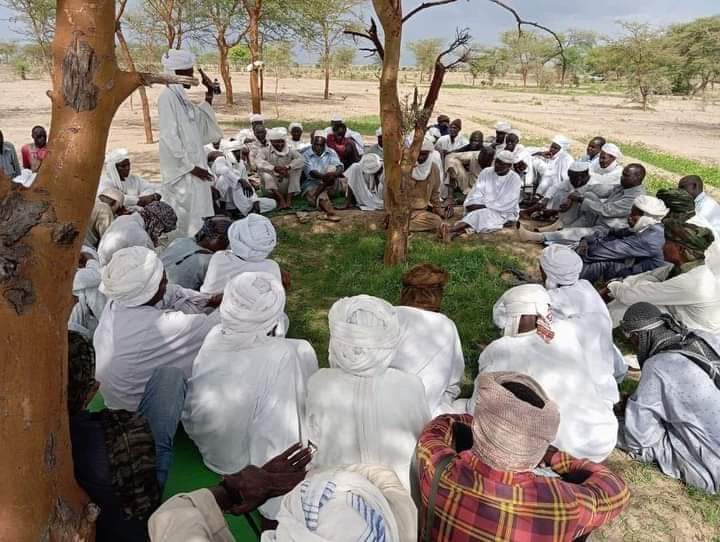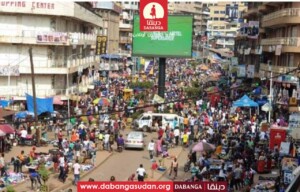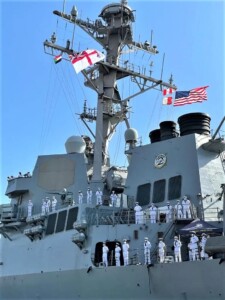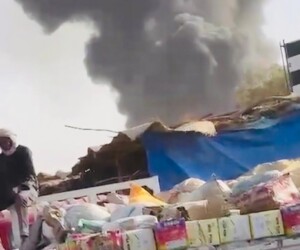Darfur: Nierteti-Zalingei road reopens after more than five months

Meeting between delegates of the West Jebel Marra region in Central Darfur in July 2024 (File photo: Supplied)
In a statement issued on Saturday, the authorities indicated that the actual implementation of the agreement, signed on July 4 in the Khor Ramla area in Central Darfur, had commenced. Intensive agricultural activities have resumed in Khor Ramla, Arkes, Meti, and Loding-Kibi-Kuri, and pastures have been opened in designated areas. In recent months, roads have witnessed widespread violence and assaults, leading to the closure of the Nierteti-Zalingei road.
The components of the west Jebel Marra community in Central Darfur signed a community agreement for peaceful coexistence on July 4 in Khor Ramla. The agreement included participation from communities in Medlebasi, Nierteti, Khor Ramla, Garni, Waranga, Fagudko, Aridiba, Jebel Ahmar, Kuri, Tibi, Dankoj, and Hilla Beida.
The Sudan Liberation Movement led by Abdelwahid Nur controls Nierteti since the outbreak of the conflict between the Sudanese Armed Forces (SAF) and the RSF. The RSF control Zalingei in Central Darfur. Large parts of Darfur have been experiencing continuous friction between herders and farmers during the agricultural season, the spread of random checkpoints, and widespread looting operations.
Details of the Agreement
The document stipulates the reduction and regulation of checkpoints and security outposts on main and secondary roads. The responsibility for these checkpoints and outposts will be managed by members of the SLM-AW or the RSF, or under the direct responsibility of the ‘social fabric committee’.
The agreement forbids releasing livestock into irrigated summer crops and gardens. It mandates reopening all roads for civilian commercial vehicles, including four-wheel drives, to transport goods, agricultural and pastoral products, and relocate civilians. The document prohibits closing roads or pastures and infringing on citizens’ properties. It sets a specific tariff for vehicles at checkpoints based on load and permits unrestricted passage for humanitarian aid convoys and vehicles.
Though the agreement calls for the gradual reopening of all markets to the public and bans weapons, the kadamol (face cover), and motorcycles inside markets. It permits civilian vehicles to enter markets without firearms and prohibits trading in drugs, alcohol, banned creams, and expired goods and medicines. Additionally, it confirms opening more markets for essential goods and trade with neighbouring countries. Grazing is allowed in designated areas away from military sites, and drinking from known water sources is permitted via specified routes.
The agreement mandates forming subcommittees of farmers and herders to protect the rainy agricultural season. These subcommittees assess farm damage and compensation, establish enclosures for stray animals with a tariff set by authorities, determine penalties and fines for deliberate agricultural infringements, and specify pastures and routes for herders away from agricultural areas until the season ends.
And the end of last year, SLM-AW and the RSF clashed in western Jabal Marra.











 and then
and then